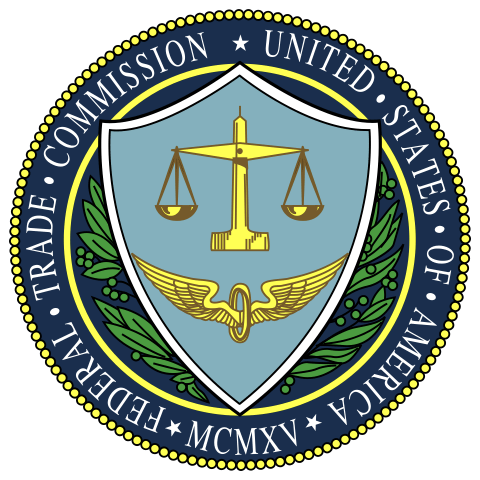by Maurits Dolmans

Photo courtesy of Cleary Gottlieb Steen & Hamilton LLP.
On June 11, 2024, the US House Judiciary Committee released an interim staff report titled “Climate Control: Exposing the Decarbonization Collusion in Environmental, Social and Governance (ESG) Investing” (the “Majority Report”). This was followed by a hearing by the House Judiciary Committee on June 12.
The Majority Report contains strongly worded conclusions. It argues that a “‘climate cartel’ of left-wing environmental activists and major financial institutions has colluded to force American companies to ‘decarbonize’ and reach ‘net zero.’” Organizations like Climate Action 100+, Ceres, CalPERS, and Arjuna, for instance, allegedly “declared war on the American way of life,” to limit how Americans “drive, fly, and eat.” They did this “by forcing corporations to disclose their carbon emissions, to reduce their carbon emissions, and … handcuffing company leadership and muzzling corporate free speech and petitioning.” Employing nice alliteration, it is said they “collude to kill carbon.” It is suggested that corporate compliance with the goals of the Paris Agreement raises prices to American consumers—ignoring the OPEC+ output reductions, the wars in Ukraine and the Middle East, and the Houthi attacks on shipping, but also the long-term costs of climate change, the findings of the International Energy Agency that no new fossil fuel development is needed to meet current and expected demand, and that renewables and nuclear energy are increasingly cheaper than fossil fuels. The Majority Report boasts of the effect of antitrust threats in causing firms to shy away from cooperation to mitigate the climate risk.
Continue reading →










